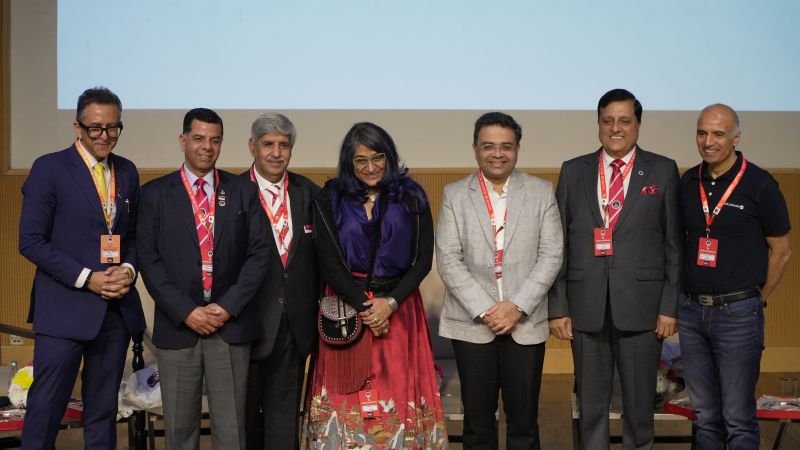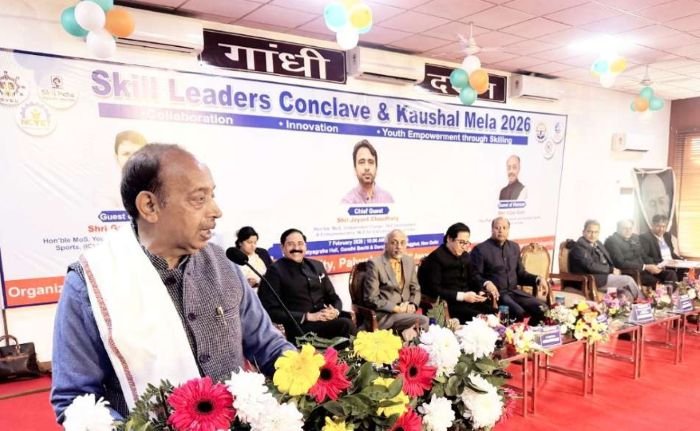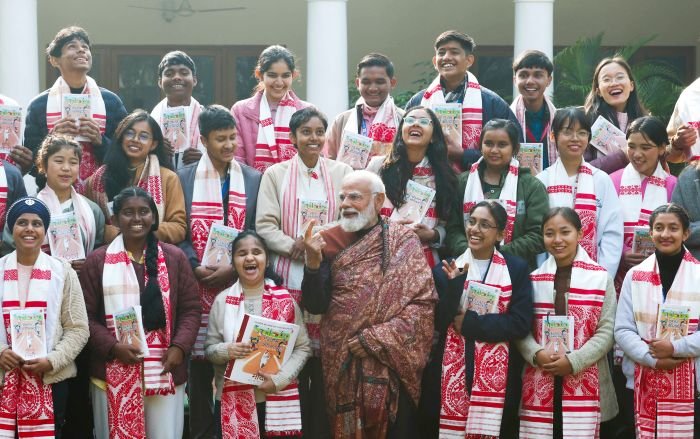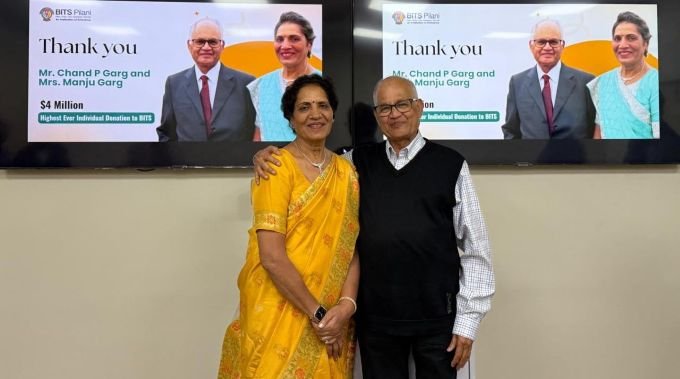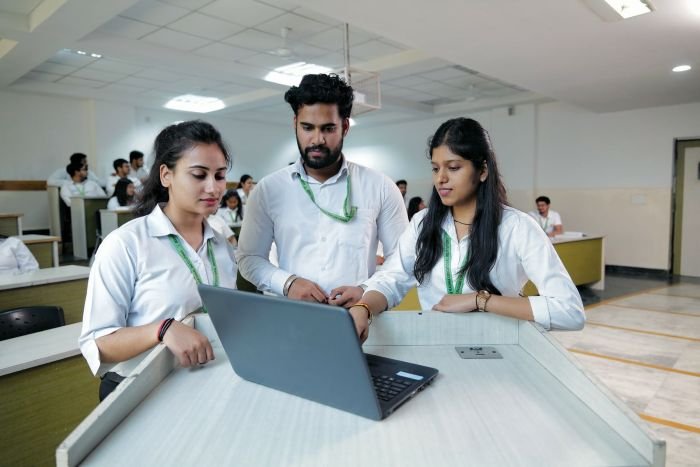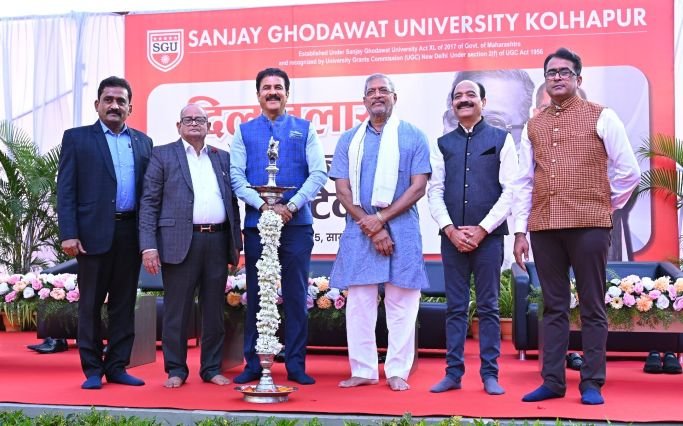
We have to change how we teach in academia,” said Dr Chintan Vaishnav, Mission Director, Atal Innovation Mission (AIM), while underscoring the importance of a symbiotic interconnection between academia and industry. He said fostering an environment conducive to the seamless conversion of ideas into successful enterprises is required as “Innovation is about lowering the friction experienced by an idea in becoming an enterprise.” .
Speaking at the 2nd FICCI Industry-Academia Conference on May 26, Dr Vaishnav revealed there is a plan to roll out of several niche industry-academia accelerators and an intensive nine-month deep tech acceleration programme. “The aim is to funnel industry investments into translational work and encourage more robust relationships between academia, industry, and startups. We have to do a 10x in 10 years. So, all we can do from our Atal Innovation Mission at NITI Aayog is yours.”
Dr Vidya Yeravdekar, Chair of the FICCI Higher Education Committee & Pro-Chancellor of Symbiosis International University, welcomed robust engagements with industries, highlighted by the establishment of research centres on campuses nationwide. “In recent times, we’ve seen a wave of industries eager to engage with academia and set up research centres in Indian universities, a phenomenon that we had not witnessed before,” said Dr Yeravdekar.
A shining example of this deepened engagement is the Serum Institute’s initiative to establish a research centre for biologicals and vaccines at Symbiosis International University. This collaboration is the first of many, with BITS Pilani and Manipal University set to follow suit.
She also brought in the shift towards internationalisation. It is not just Indian students keen on industrial internships but also students from developing and developed countries expressing interest in participating in the Indian industry’s internship programmes.
“Internationalisation is an exciting new avenue we are exploring, with increased interest from students worldwide eager to intern with Indian industry. This unprecedented interest underscores the international recognition of the quality of Indian higher education and industry,” she said. Further, she noted that this global engagement goes beyond internships. Universities are partnering with industries to offer mentorship programmes for new incubators on university campuses, marking an exciting evolution of the academic experience.
Ranjan Kumar Mohapatra, Executive Director & Head, Indian Oil Institute of Petroleum Management (IOCL), identified potential common areas of collaboration, including data sets, applied research, and developing core curriculums, aligning with the NEP’s objectives.
Ravi Panchanadan, Co-Chair of the FICCI Higher Education Committee and MD & CEO of Manipal Global Education, called for a shift from identifying to solving the issues inherent in academia-industry collaboration and stressed the need to teach future-focused skills, enhance outcome-driven learning and education, and boost investment in internships, apprenticeships, and research. “We can be world leaders only if we collaborate. FICCI aims to be the catalyst that bridges the gap between industry and academia, providing clear solutions to not only today’s problems but also to the challenges we foresee in the next decade,” he said.


